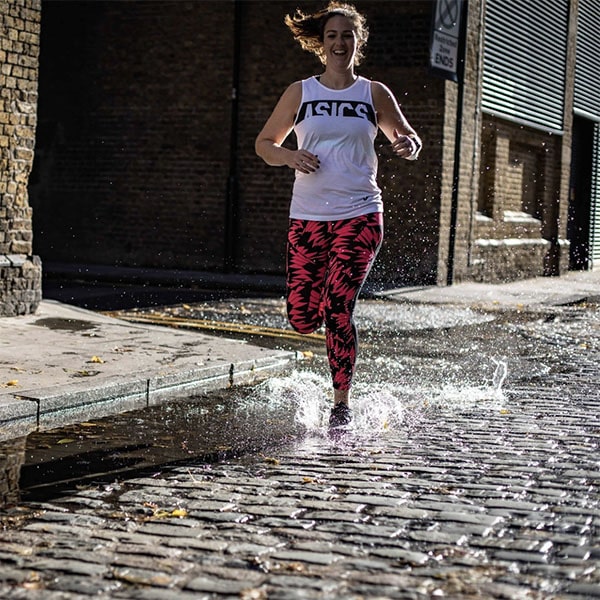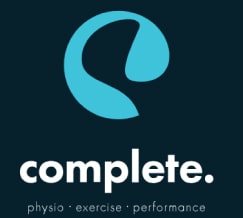
Before your start
- Assess your baseline fitness – are you already active? If not, perhaps start off with a walking program. For example, walking 3-4 times per week starting off where you’re comfortable (even if it’s 5-10mins) and gradually building up to 30-45mins per walk is a good way to start conditioning your body.
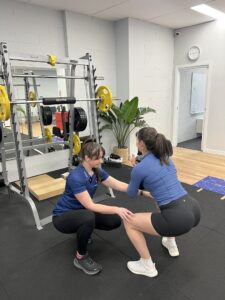
- Are your muscles strong enough? Can you perform some basic run strength tests? If there are specific deficits, you may benefit from starting some running specific strength exercises 4-6 weeks prior to beginning a running program. This can help your muscles to tolerate the new loads from running.
- Do you have the right shoes? I recommend you take the time to go to a dedicated shoe store to try on shoes and walk/jog in them to see how they feel. They should be comfortable, provide support and support your function. Consider talking to your local health professionals who specialises in helping runners.
How to form a running plan
- Consistency is important to make progress. Structure your training plan around 2-3 runs per week on alternate days with rest days in between. If you are already fairly active, you can walk on the days in between or cross train (E.g. gym, swimming, Pilates, cycling).
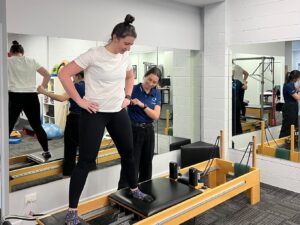
- Warm up and cool down. 5-10mins of dynamic stretches and exercises beforehand, with 5mins of cool down stretching or mobility afterwards can go a long way.
- Start with a walk/jog interval type program. There are multiple Couch to 5km programs out there which can be simple and effective, but knowing which one is right for you is important. Some programs make a big jump in running time early on, which could possibly lead to injury. Consider talking to one of our physios specialising in running.
- Run for time, not distance. In the beginning when you are building your tolerance, running based on time allows you to settle into a pace that suits you on any given day. Aiming for a distance often creates pressure to push harder and run further than what your body might be ready for. For example, you might start off with 1min jogging and 2min walking for a total of 20mins, repeating this each session for the first week and gradually building from there.
- Run/walk programs can be modified for your ability. If you know you will struggle with 1min of running, then use the ‘running intervals’ as a fast power walk and the walking intervals as a recovery/slow walk until you feel able to begin running.
Extra running tips
- Focus on building time running (volume) and be consistent for a period before you add speed, hills, intervals or races.
- Running specific strength and mobility work are important. If you are wanting longevity in running, these are key things to eventually include in your overall exercise routine.
- Your fitness may improve faster than your muscles/tendons/tissue’s ability to adapt and develop tolerance for running. While you might feel able to run further or faster sooner, don’t! Take your time. Running injuries often show up 3-6 weeks after a “training error”.
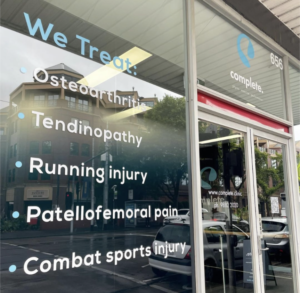
- It is normal to feel some muscle tightness or stiffness the day after runs, but persisting niggles, pain or restriction affecting day to day life is not normal, and you shouldn’t continue to run through this. If your body is telling you to take a break – then take one. If pain persists, see a health professional.
Book an Appointment
** If you are struggling with where to start and need some personalised advice, please feel free to reach out to one of the experienced team. Book an appointment at Complete. Physio Exercise Performance – 656 Bridge Rd, Richmond 3121**

